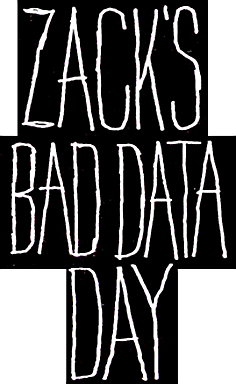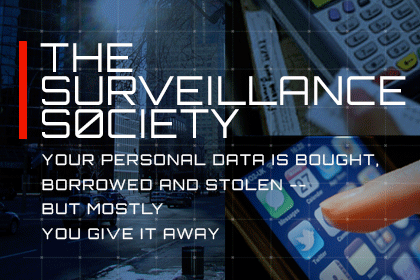From the time you wake up through the hours of your workday and even while you sleep, you’re being watched. Your personal data is being mined and then used, sold, given away or stolen.
During a typical day, your location is being monitored by hundreds of entities, your personal data is extracted and shared over and over, images of you or related to you are taken and transmitted, and details of your identity, your activities, your likes and dislikes, the content of what you say and write are recorded and stored.
Surveillance Society is a Post-Gazette series examining the implications of such privacy intrusions. This interactive shows the surveillance that occurs on a daily basis, and what it means for individuals and society.


